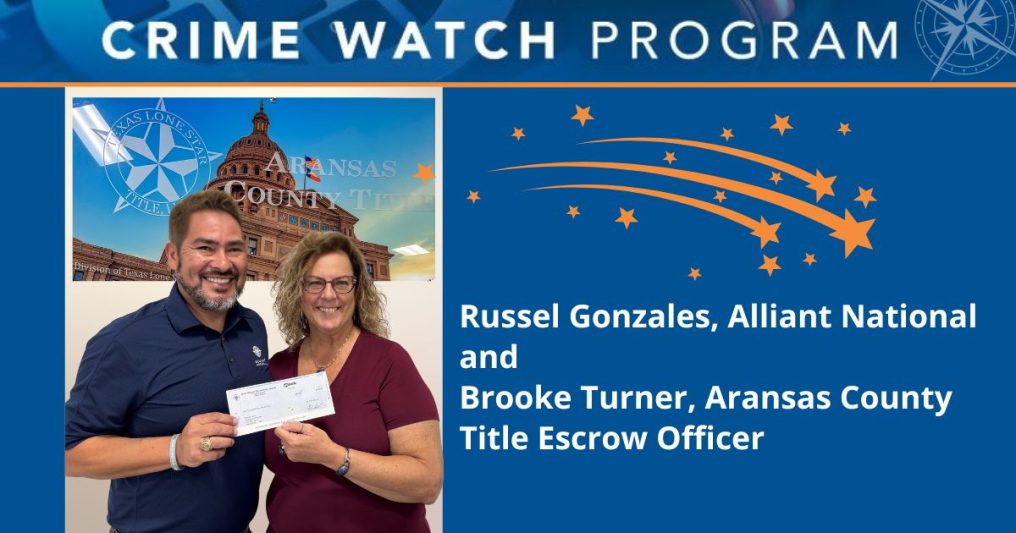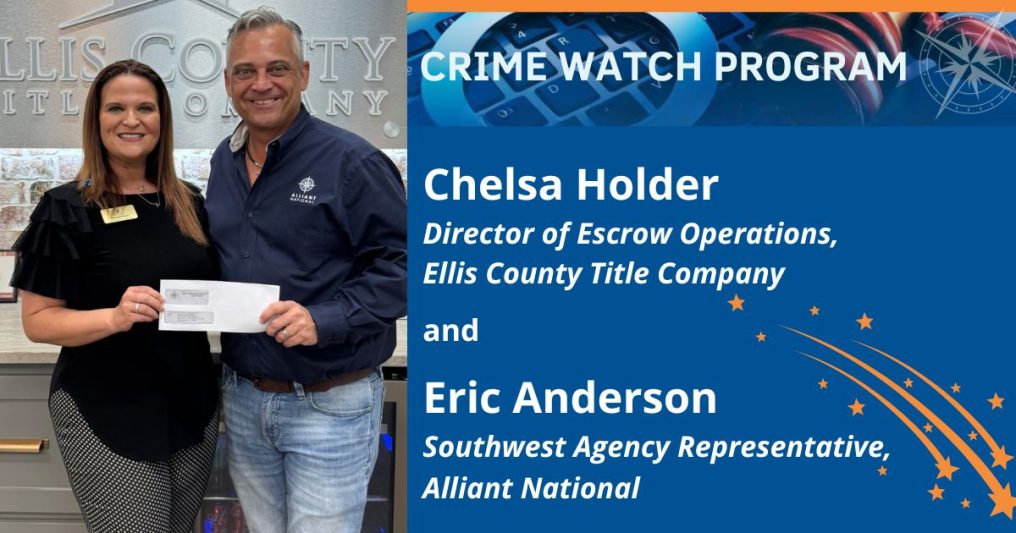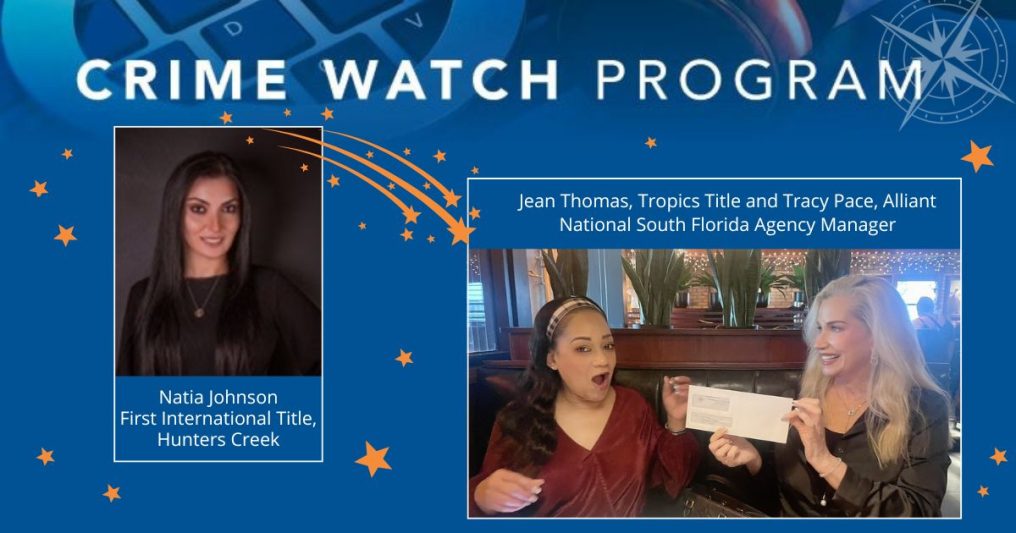Aransas County Title recently stopped a fraudster cold and became the latest Alliant National Crime Watch recipient By Adam Mohrbacher In the title industry, transaction security can never be secondary. When critical details are overlooked or due diligence is skipped, there can be real consequences for real people. It is for those reasons and more that Alliant National created its …
Do You Have A Shadow IT Problem? Here’s Why You Need A Plan
Even when there is no malicious intent, unsanctioned applications can cause major problems for your agency By Bryan Johnson, IT Director, Alliant National Title Insurance Company Have you heard of shadow IT? The term conjures images of masked criminals poking around on your server or installing dangerous devices. Yet shadow IT is usually more mundane, referring to applications installed without …
Ready or Not: Preparing for the FinCEN Final Rule
By Elyce Schweitzer, Esq., Regulatory Compliance Officer, Alliant National; andValerie J. Grandin, Esq., Sr. Underwriting Counsel Florida and Vice President, Alliant National Here’s a riddle for the title insurance and real estate industries: what does Dolly Parton’s song, “Here You Come Again” have to do with FinCEN, its Geographic Targeting Orders (GTOs), and its Final Real Estate Report Rule (Final …
Eagle-Eyed Title Pro Spots Fraud And Takes Action
Here’s how Ellis County Title became Alliant National’s latest Crime Watch award winner For Chelsa Holder, Director of Escrow Operations for Ellis County Title Company, something felt “off.” The seasoned title professional was working with a seller’s son on a transaction. The son had submitted a Power of Attorney (POA) to authorize the property’s sale. His pushy behavior, however, had …
Two Alliant National Agents Take the Fight To Fraudsters
Alliant National agents are proving to be a valuable vanguard against real estate crime Although 2025 is barely a quarter old, independent agents have already been hard at work detecting, deterring and preventing fraudulent activity. At Alliant National, we’re proud to support these anti-fraud efforts through our Crime Watch program, which incentivizes agents with $1,000 rewards to be extra vigilant …
Deepfake Dangers Part 2: How AI Is Fighting the Fraudsters
Deepfakes are a serious threat to our industry; but AI can help us fight back. In my last blog article, I discussed how deepfake fraud is a growing threat in the real estate industry and what you can do to combat it in your workplace. This time, I thought it would be helpful to take a deeper dive into some of …
Top Cybersecurity Resolutions For 2025
Like many people, I often find myself in a reflective mood at the start of the new year. The days are getting longer, and the prospect of renewal is in the air. One area that I naturally like to focus on during this period is cybersecurity. As someone who has been in this field for a long time, I know …
Alliant National Agents Make Sure Crime Doesn’t Pay
We’re honoring agents who played a critical role in safeguarding buyers and sellers throughout 2024. It is famously said that “crime doesn’t pay.” Unfortunately, in the digital age, the opposite is often true. Fraud is a major problem in our industry, and a sad reality that many title agencies have to deal with. Yet a lot can be done to …
Meet The Top Five Seller Impersonation Personas
From eager beavers to phantom fraudsters, here are the tricks you need to watch out for. The world of title insurance is full of highs and lows. On the positive side, title agents often get to help aspiring buyers achieve their dream of home ownership. On the other hand, doing this work, and doing it well, means having to stay …
What What Should You Expect For Multi-Factor Authentication In 2025 And BeyondWhat
For over 15 years, multi-factor authentication (MFA) has played a critical role in how businesses operate securely online. The rise of cloud computing, social media, and mobile apps has made MFA essential for many companies—particularly in regulated industries. However, despite its importance, many users find MFA cumbersome due to its reliance on SMS text or authentication apps. The good news …
- Page 1 of 2
- 1
- 2












